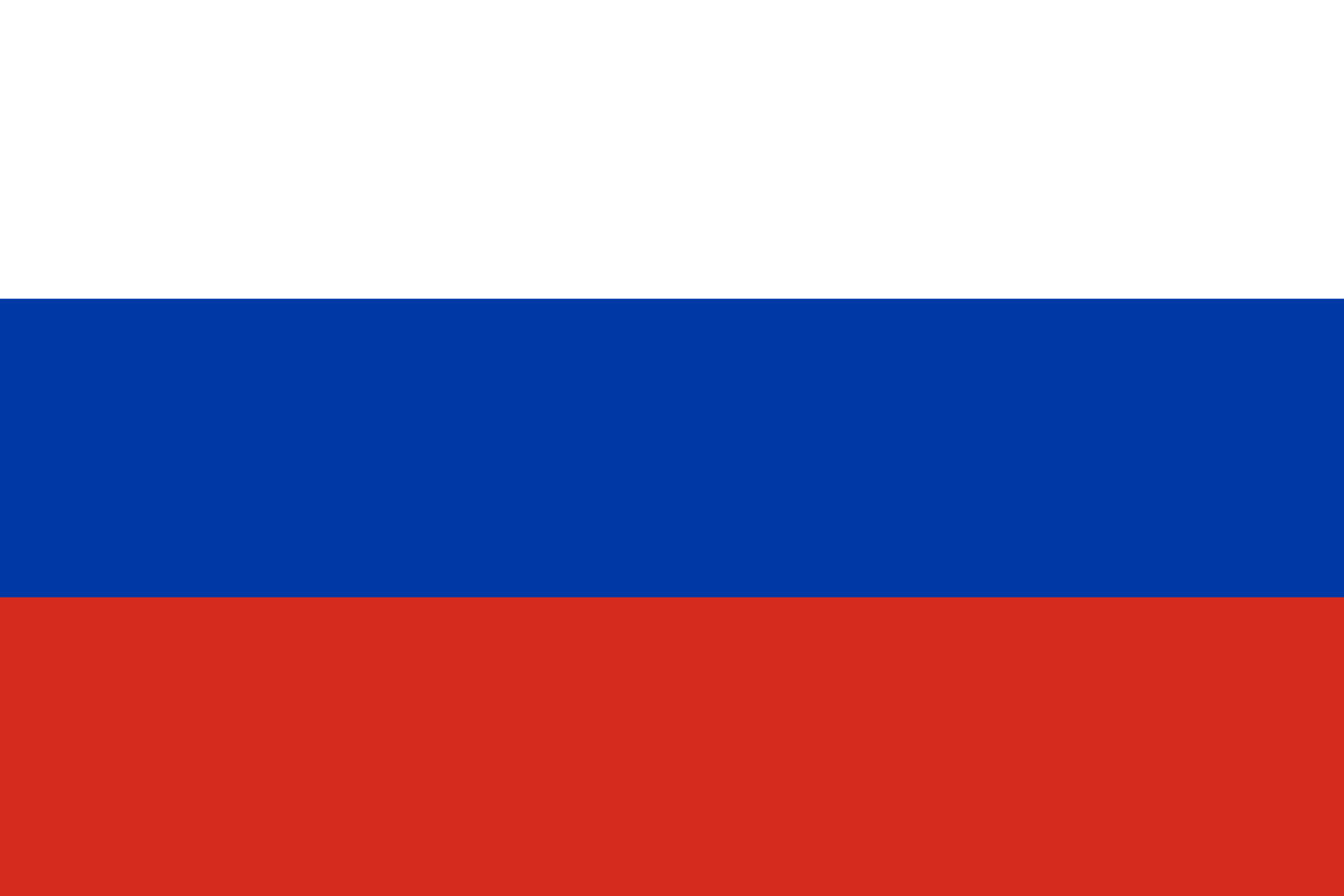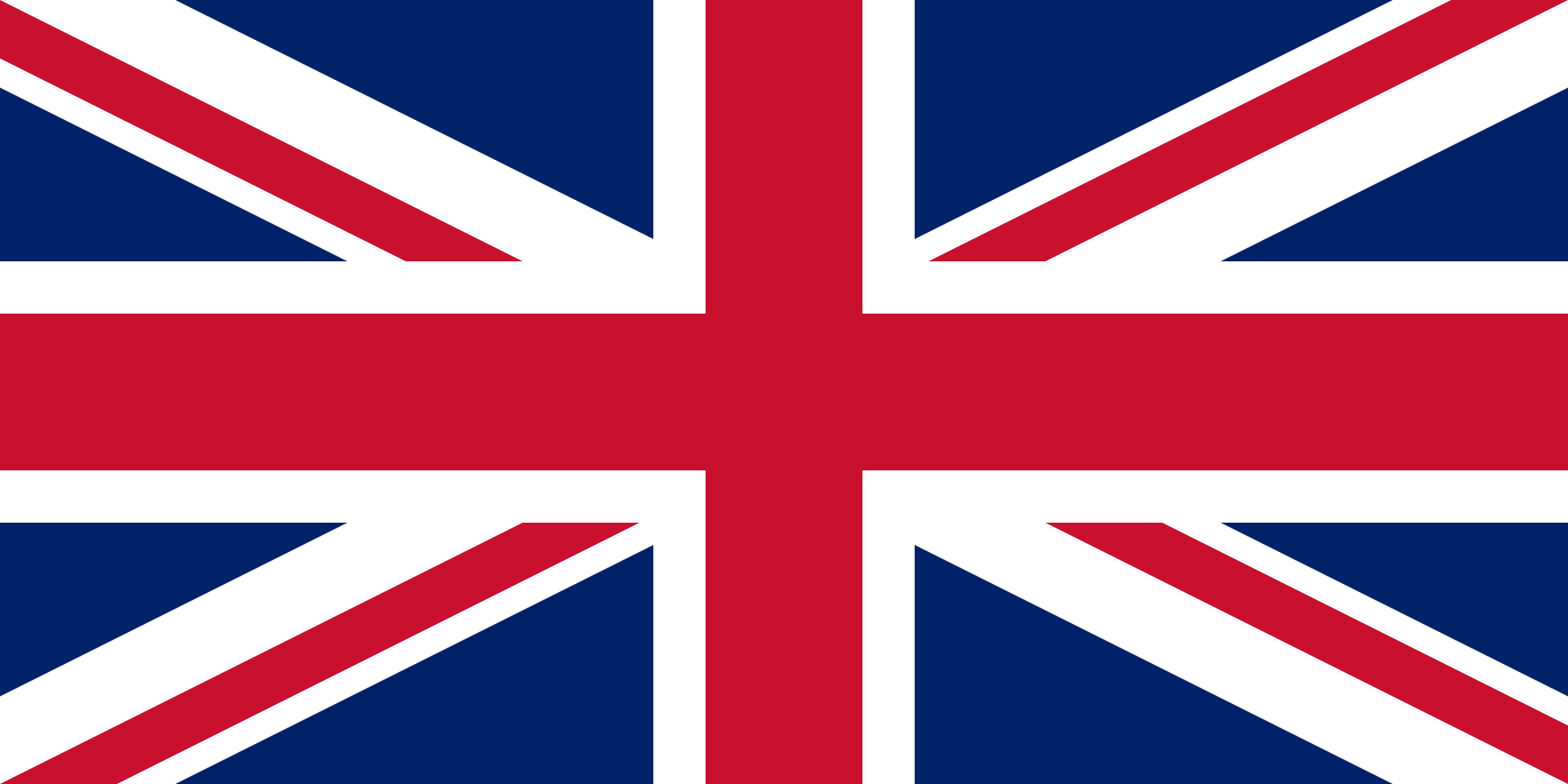
Hydrotechnical works
Hydrotechnical works involve the planning, design, construction, and maintenance of structures and systems related to water management, including rivers, lakes, coastal areas, and water supply networks. Here's a brief outline of the scope:
Water Management: Hydrotechnical works encompass various projects aimed at managing water resources, controlling floods, preventing erosion, and providing sustainable water supply for irrigation, industry, and communities.
Structural Solutions: This includes the construction of dams, levees, weirs, embankments, and reservoirs to regulate water flow, store water, and protect against flooding and erosion.
Navigation Infrastructure: Hydrotechnical works also involve the construction of ports, harbors, locks, and navigational channels to facilitate safe and efficient maritime transportation and trade.
Coastal Protection: Projects such as seawalls, breakwaters, and beach nourishment are implemented to protect coastal areas from erosion, storm surges, and sea-level rise.
Water Supply Systems: Hydrotechnical works encompass the design and construction of water supply systems, including dams, reservoirs, pipelines, and treatment plants, to ensure reliable access to clean water for drinking, agriculture, and industry.
Environmental Considerations: Sustainable practices and environmental conservation are integral to hydrotechnical works, with a focus on minimizing ecological impact, preserving habitats, and promoting biodiversity.
Hydrotechnical works are essential for managing water resources, mitigating risks associated with natural disasters, and supporting economic development and environmental sustainability in communities worldwide.
"PROJECT BUILDING CONSTRUCTION" was allowed to perform hydraulic works on the basis of the license issued by the Ministry of Economy of the Republic of Azerbaijan under the registration number EL-627/2019 on November 1, 2019.
Our Work Process

Research & Analysis

Architecture & Design

Execution & Authorship Control


















